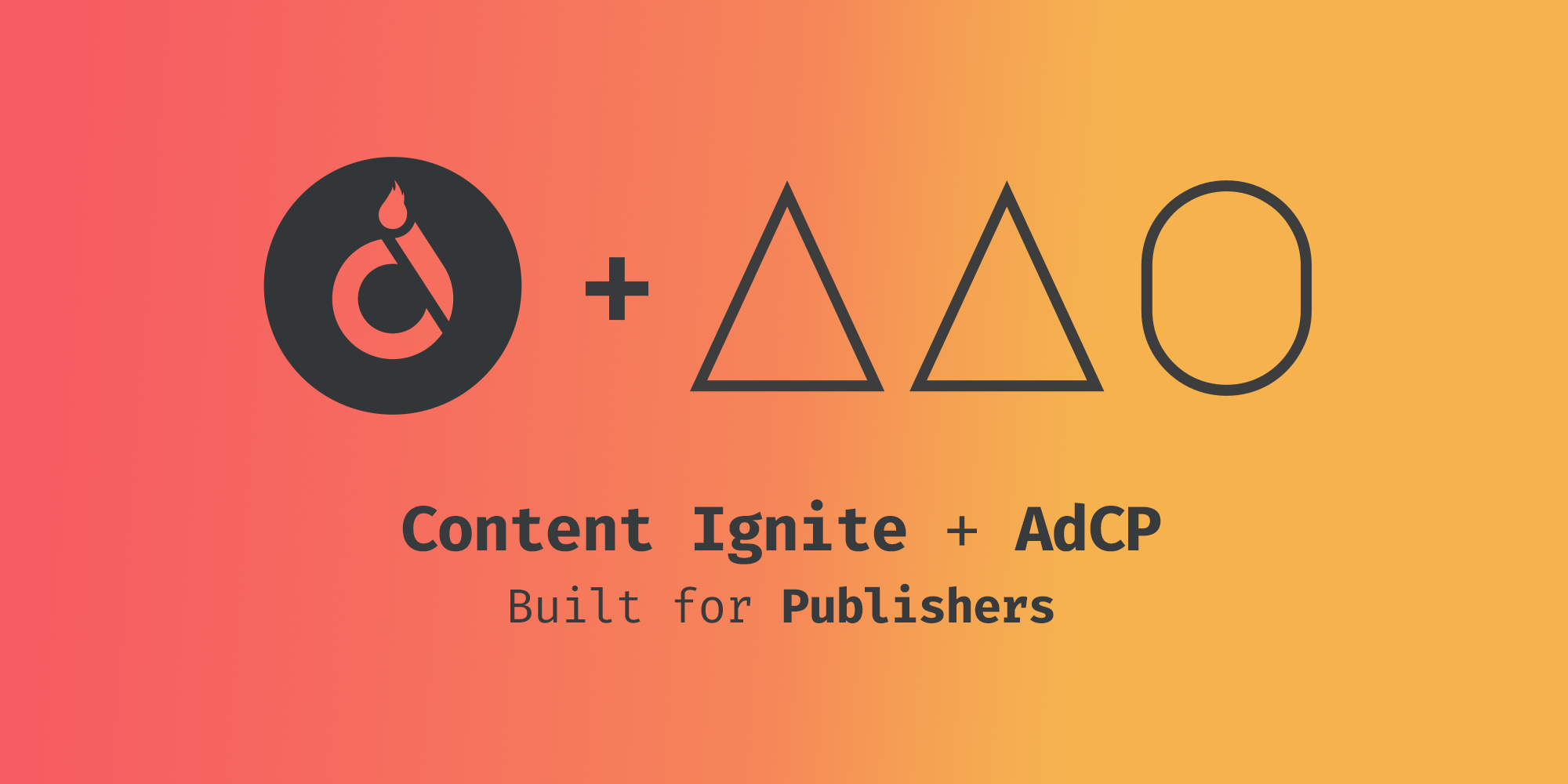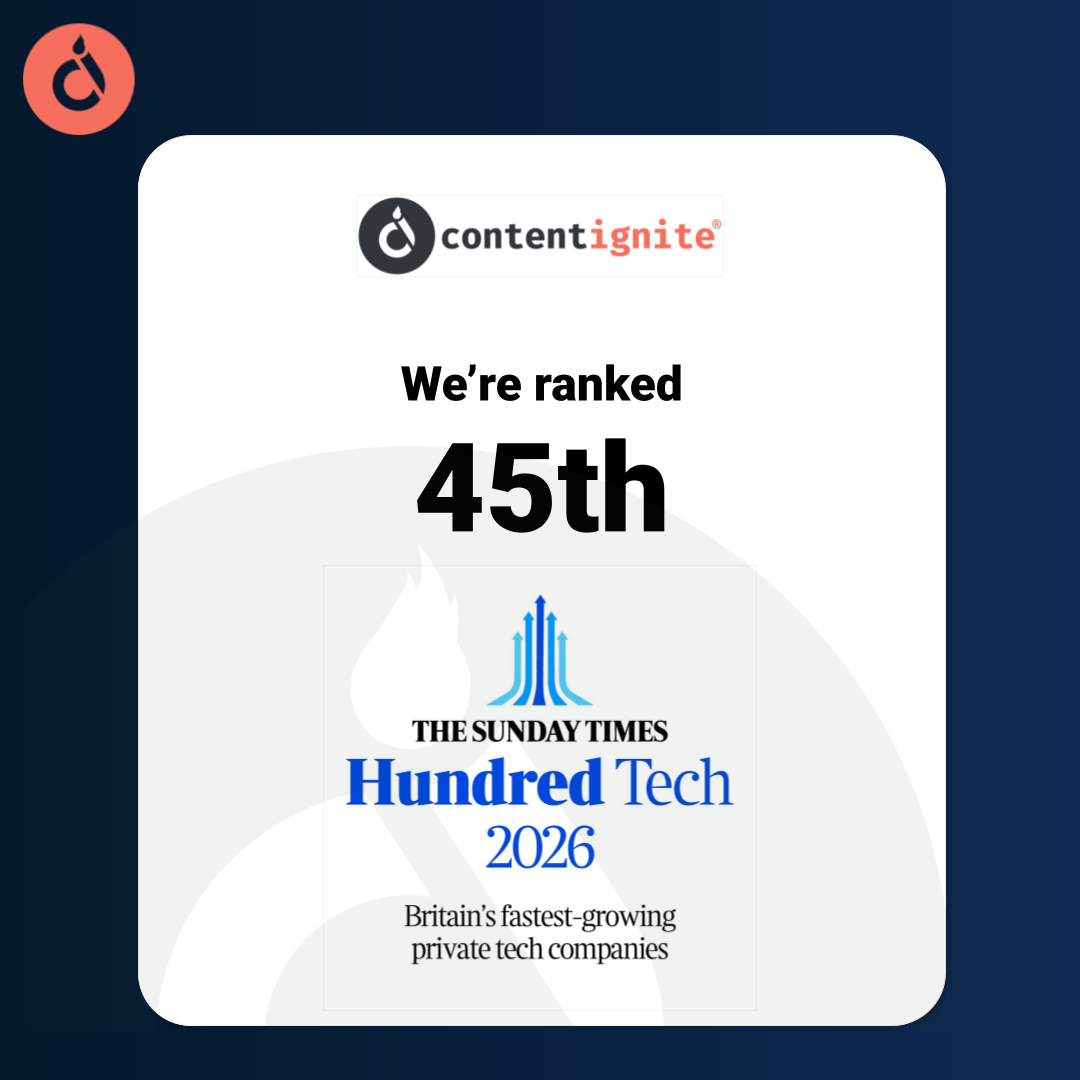Content Ignite's Opinion on Google Cookie Update

Google’s recent decision to abandon its plan to phase out third-party cookies in Chrome marks a significant shift in the company’s approach to online privacy and advertising. In fact, it is a complete U-turn on their position in recent years.
Initially, the Privacy Sandbox initiative aimed to enhance user privacy while supporting the digital advertising ecosystem. However, facing regulatory scrutiny and industry pushback, Google has very recently opted to maintain the current third-party cookie system, allowing users to manage their settings through Chrome’s existing privacy tools.
This move has drawn criticism from privacy advocates. The Center for Democracy and Technology expressed disappointment, stating that Google’s reversal undermines trust and stalls progress toward a more private web. They argue that relying on user choice without default protections places an undue burden on individuals to manage complex privacy settings.
Regulatory bodies have also voiced concerns. The UK’s Competition and Markets Authority (CMA) and Information Commissioner’s Office (ICO) are reviewing Google’s new approach, emphasising the need to ensure that changes do not harm competition or consumer privacy.
The question this raises for the majority of publishers who may be at the beginning of their journey to make their users more addressable, is whether they should slow down or even scrap this work altogether.
This, in our opinion, would be a massive mistake. The industry estimates that roughly 30-40% of internet users are currently unaddressable, whether that’s from cookie depreciation in other browsers (see Firefox and Safari as two of those), or decisions made by regulators or users themselves.
ID and addressability businesses have put a lot of time, budget and effort into making these users addressable for advertisers and have in fact in many cases improved latency for publishers as well as reducing data leakage by moving away from third-party cookie data to buy against and measure performance.
In summary, Google’s decision to retain third-party cookies in Chrome represents a retreat from its earlier privacy commitments. While the company cites the need to balance privacy with industry needs, critics argue that this move prioritises business interests over user privacy and may hinder the development of more privacy-respecting technologies.
Content Ignite remains focused and dedicated to making the largest possible amount of our publishers’ audience addressable to enable publishers to maximise their revenue. This means continuing to work with ID and addressability partners to enable buyers to reach their desired audience wherever they are on the open internet.

.svg)
.svg)



.png)
.jpg)
.jpg)

